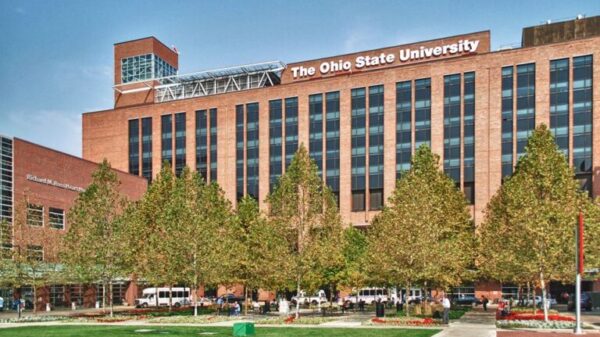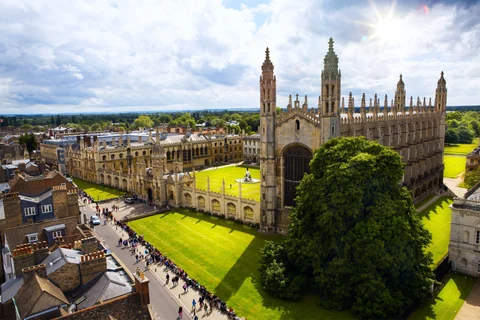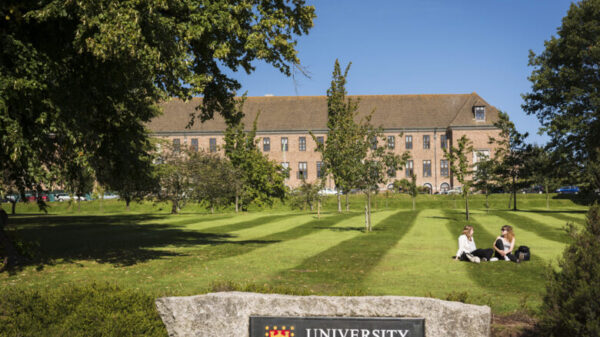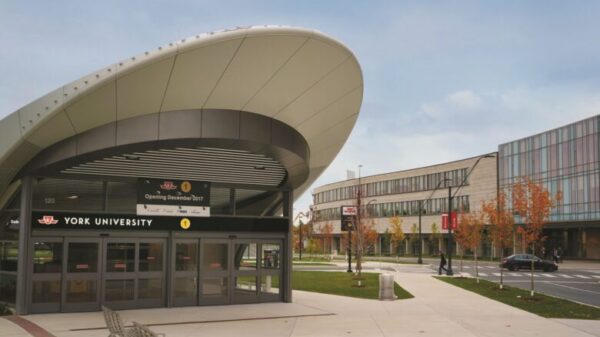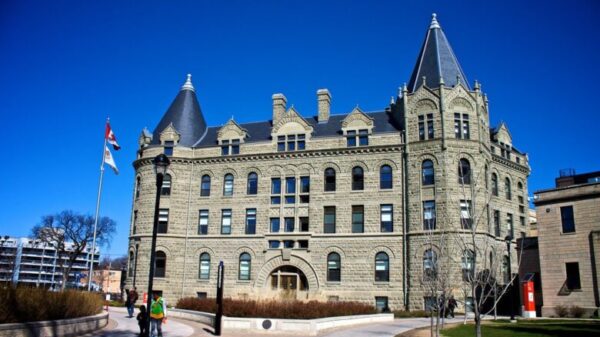The United States healthcare system is facing a critical shortage of nurses, prompting hospitals and healthcare facilities to implement large-scale hiring initiatives. For qualified international nurses, this represents a unique opportunity to secure employment in the USA, as many institutions offer visa sponsorship to attract top talent from around the world. In this article, we’ll explore the most significant aspects of the major nurse hiring initiatives in the USA and how international candidates can benefit.
The Growing Demand for Nurses in the USA
The demand for healthcare services in the USA continues to grow rapidly, driven by an aging population and an increase in chronic health conditions. Unfortunately, the supply of qualified nurses is not keeping pace, creating a nationwide shortage. According to the U.S. Bureau of Labor Statistics, the country will need more than 275,000 new nurses by 2030.
This deficit has led healthcare providers to look beyond domestic recruitment, launching international nurse hiring programs that offer visa sponsorship. These programs are designed to attract qualified registered nurses (RNs) from abroad, providing them with a pathway to live and work in the United States.
Benefits of Visa Sponsorship for Nurses
Visa sponsorship is a key incentive in these recruitment programs. It allows international nurses to gain legal entry to the USA and begin their professional careers. Visa sponsorship typically covers:
- Green card applications (for permanent residency)
- H-1B visas for specialized workers
- TN visas for nurses from Mexico and Canada under NAFTA
- Support for family members accompanying the nurse to the USA
For many international nurses, visa sponsorship is a crucial stepping stone toward a rewarding career in the American healthcare system.
How to Qualify for Nursing Jobs in the USA
To be considered for nursing positions with visa sponsorship in the USA, candidates must meet several key qualifications:
1. Nursing Education
Candidates must hold a nursing degree from an accredited institution. International nurses typically need a Bachelor of Science in Nursing (BSN), although some hospitals may accept nurses with an associate degree, depending on their experience and specialization.
2. Licensure
International nurses must obtain a U.S. nursing license. This usually involves passing the National Council Licensure Examination (NCLEX-RN). The NCLEX is a standardized exam that tests a nurse’s knowledge and skills to ensure they meet U.S. healthcare standards.
3. English Proficiency
Most U.S. states require international nurses to demonstrate proficiency in English. The most commonly accepted exams are the Test of English as a Foreign Language (TOEFL) or the International English Language Testing System (IELTS). Some states waive this requirement for nurses from English-speaking countries.
4. Work Experience
While recent nursing graduates can find opportunities, many U.S. healthcare employers prefer candidates with at least two years of experience in clinical settings. Specialties such as critical care, emergency nursing, and oncology are often in high demand.
Application Process for International Nurses
The application process for international nurses seeking employment in the USA involves several steps:
1. Credential Evaluation
Before applying for jobs, international nurses must have their educational credentials evaluated by a recognized organization, such as the Commission on Graduates of Foreign Nursing Schools (CGFNS). This evaluation ensures that the nurse’s qualifications meet U.S. standards.
2. NCLEX-RN Registration and Examination
After credential evaluation, nurses must register for the NCLEX-RN through the National Council of State Boards of Nursing (NCSBN). Successful completion of this exam is required for licensure in all U.S. states.
3. Visa Sponsorship Application
Once a job offer has been secured, the U.S. employer will begin the visa sponsorship process. Depending on the visa type, this can involve filing labor certifications, petitioning for a work visa, and submitting green card applications.
4. Immigration and Relocation
After the visa is approved, nurses and their families can begin the process of relocating to the USA. Many employers offer relocation assistance, including help with housing, travel expenses, and settling into a new community.
Challenges Faced by International Nurses
Although the opportunities for international nurses in the USA are significant, there are challenges to consider:
Licensure Complexity
Navigating the licensure process can be time-consuming and complex, especially for nurses from countries with different healthcare systems. Credential evaluation and NCLEX-RN preparation often require months of planning and study.
Cultural and Workplace Adjustments
Working in a U.S. healthcare facility requires adapting to a new culture, workplace dynamics, and patient care protocols. International nurses may need to adjust to different communication styles, healthcare technologies, and legal frameworks.
Visa Delays
While visa sponsorship is a significant benefit, the process can take time due to backlogs in the immigration system. International nurses should be prepared for potential delays in their application and approval process.
Opportunities for Career Growth
Once in the USA, international nurses can take advantage of numerous opportunities for career growth. American healthcare institutions invest in continuing education and professional development for their staff. Nurses can pursue advanced certifications, specialize in areas like pediatrics or geriatrics, or even work toward leadership roles such as nurse managers or directors.
Many employers also offer tuition reimbursement programs, allowing nurses to pursue advanced degrees such as a Master of Science in Nursing (MSN) or Doctor of Nursing Practice (DNP).
Visa Options for International Nurses
H-1B Visa
The H-1B visa is designed for foreign workers in specialty occupations. Nurses who meet the educational and licensure requirements, and who have specialized skills, may be eligible for this visa. However, H-1B visas are capped annually, so early application is essential.
EB-3 Visa (Green Card)
The EB-3 visa is a permanent residency option for skilled workers, including nurses. This visa category requires an employer to sponsor the nurse and file a labor certification to demonstrate that there are no qualified U.S. workers available for the position.
TN Visa (for Canadian and Mexican Nurses)
Under the United States-Mexico-Canada Agreement (USMCA), Canadian and Mexican nurses can apply for a TN visa. This visa allows qualified nurses to work in the USA without needing labor certification or caps on the number of visas.
Future Outlook for International Nurses in the USA
The need for skilled nurses in the USA is expected to continue growing in the coming decades. As the healthcare system expands to meet the demands of an aging population, international nurses will remain a vital part of the workforce.
While the visa and licensure processes can be challenging, the long-term benefits of working in the USA—such as career advancement, competitive salaries, and access to world-class healthcare facilities—make it an attractive destination for nurses worldwide.
Conclusion
For international nurses, the USA offers a wealth of career opportunities through major hiring initiatives that include visa sponsorship. By meeting the necessary qualifications and navigating the licensure and visa process, nurses from around the world can find rewarding employment in the American healthcare system. With continued investment in healthcare, the demand for nurses will only grow, making now the ideal time for qualified candidates to pursue these opportunities.



